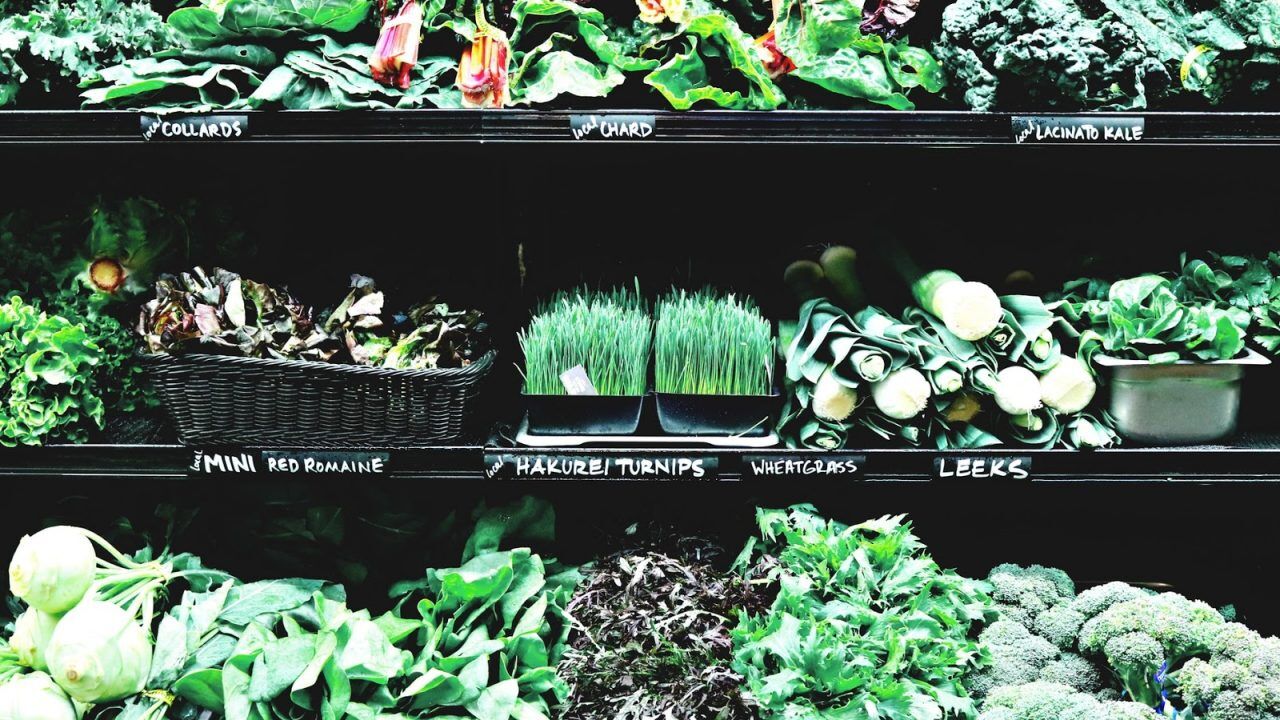The recommended daily intake for magnesium is 400 mg for the average person This mineral plays a vital role in maintaining good health, but most of us do not meet the daily dietary requirement for magnesium because we are unaware of its importance. Fortunately, it’s easy enough to add magnesium-rich foods to your daily diet.

What is the role of magnesium in the body?
- Magnesium is an important co-factor for hundreds of chemical reactions that facilitate a variety of important processes in the body, such as balancing blood sugar levels and converting energy from carbs, fats, and proteins.
- Helps maintain normal nerve and muscle function.
- An essential mineral for blood pressure regulation, bone formation, and muscle contraction.
- Supports immune system health.
- Helps maintain a steady heartbeat.
Healthy people do not usually suffer from magnesium deficiency, but prolonged low intakes of the mineral can lead to:
- Low energy levels
- Fatigue
- Weakness
- Insomnia
- Nausea
- Vomiting
- Loss of appetite
- Numbness or tingling sensation
- Muscle cramps/contractions
- Anxiety
- Low stress tolerance
- Abnormal heart rhythms
Symptoms of fatigue associated with low magnesium levels usually make us crave stimulants, such as coffee or chocolate. But the best magnesium-rich foods that you should include in your diet are as follows.
What magnesium-rich foods can you include in your diet?
Ideally, every meal should include magnesium-rich foods; you should also reduce the intake of sugar, alcohol, and processed foods to make sure that your body fully absorbs the magnesium.
Dark Chocolate
Dark chocolate with 70% cocoa solids or higher is the healthiest choice. An ounce or 28 grams of dark chocolate contains 64 mg of magnesium, as well as iron, copper, manganese, antioxidants, and even prebiotic fiber. Flavonols are antioxidants found in dark chocolate and which are great for heart health; they help prevent the oxidation of bad LDL cholesterol so they don’t stick to the arteries. Raw cacao also delivers the same benefits as dark chocolate.
Leafy Greens
Leafy greens that are loaded with magnesium include collard greens, kale, mustard greens, spinach, and mustard greens. A single cup of cooked spinach serves up 157 mg of magnesium. Highly nutritious, leafy greens are also packed with vitamins A, C, and K, fiber, iron, manganese, and beneficial plant compounds.
Avocados
A medium-sized avocado contains 58 mg of magnesium. This highly nutritious fruit is also rich in B vitamins, vitamin K, and heart-healthy monounsaturated fat. Out of the 17 grams of carbs in an avocado, 13 grams are fiber, which also makes this fruit a great source of low digestible carbs.
Bananas
Well-known for their high potassium content, bananas are also packed with magnesium. You can obtain 37 mg of magnesium from one large banana, as well as vitamin C, vitamin B6, fiber, and manganese. However, individuals with diabetes should seek their doctor’s advice before adding bananas to their diet because ripe bananas are also high in carbs and sugar.
Whole Grains
Magnesium is also present in whole grains, such as barley, oats, and wheat, as well as in buckwheat and quinoa. A single serving of dry buckwheat, about 28 grams/one ounce, contains 65 mg of magnesium. Whole grains are also great sources of B vitamins, fiber, manganese, and selenium. Buckwheat and quinoa, which are classified as pseudocereals, are also high in protein and antioxidants, and they’re gluten-free.
Legumes
Legumes, such as beans, chickpeas, lentils, peas, and soybeans, are an amazing source of magnesium. A cup of black beans contains a whopping 120 mg of magnesium. They’re also a great source of plant protein, especially for vegetarians. These nutritionally dense plants are rich in potassium, iron, and fiber, and they also have a low glycemic index (GI). They help regulate blood sugar levels, lower cholesterol levels, and decrease the risk of heart disease.
Nuts
Twenty-eight grams of cashews contains 82 mg of magnesium. Other nuts that are great sources of magnesium include almonds and Brazil nuts. Additionally, your body will also benefit from the high levels of monounsaturated fat and selenium found in most nuts. Nuts are well-known for their anti-inflammatory properties, making them great for heart health.
Seeds
Seeds with high levels of magnesium include chia, flax, and pumpkin seeds. A 28-gram (1-ounce) serving of pumpkin seeds contain 150 mg of magnesium. You can also obtain a healthy dose of iron, fiber, monounsaturated fats, omega-3 fatty acids, and antioxidants from seeds.
Tofu
Tofu is another common protein source for vegetarians, a 100-gram serving (3.5 ounces) of tofu also serves up 53 mg of magnesium. A serving also delivers at least 10% of your required daily intake of calcium, iron, manganese, and selenium.
Fatty Fish
Halibut, mackerel, and salmon are among the healthiest fatty fish; they are a great source of high-quality protein and omega-3 fatty acids and are also rich in magnesium. You can get 53 mg of magnesium from half a fillet of salmon (about 178 grams), as well as 39 grams of high-quality protein. Fatty fish also serves up a healthy amount of B vitamins, potassium, and selenium.
Don’t miss out on the benefits of magnesium-rich foods
It’s always best to obtain your magnesium from a healthy diet. It’s easy enough to include magnesium-rich foods into your daily meals as these foods are versatile and delicious ingredients.
If you wish to take magnesium supplements, speak to your doctor first. Most people, especially healthy ones, have no need for supplementation, and taking too much magnesium can lead to an upset stomach. And as with all supplements, low body absorption is a common drawback. People who need a higher magnesium intake should be advised by their doctor on the proper method of supplementation. Magnesium supplements can be taken as pills or powder; they’re also available in spray form.
